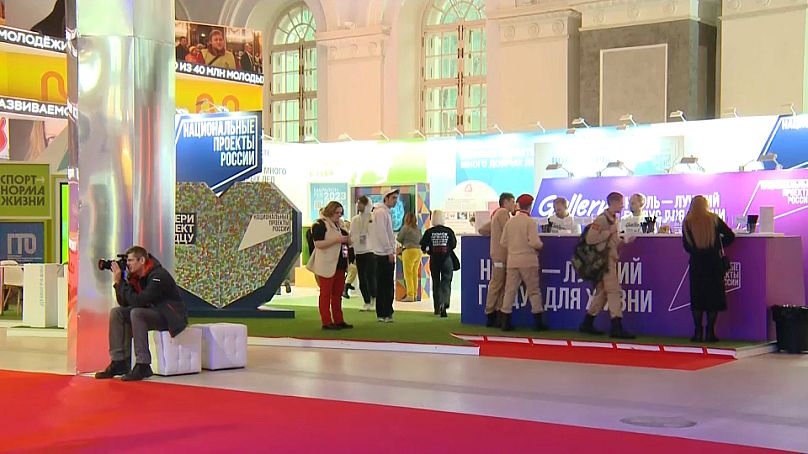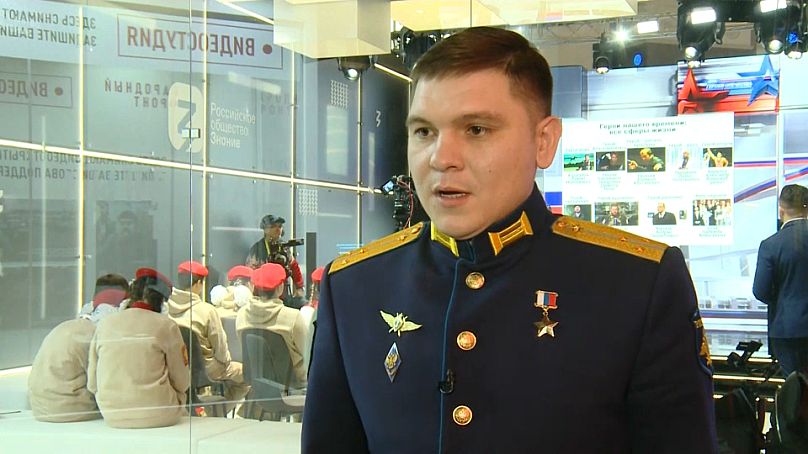Although many support Russia's objectives in Ukraine, many who don't have fled the country to voice their opinion.
It's a strange time to be growing up in Russia. Economic turmoil and its so-called ‘military operation' in Ukraine have left many young people in uncertainty.
The conflict in Ukraine began on 24 February. President Vladimir Putin described the move was for "the protection of people who have been subjected to bullying and genocide by the Kyiv regime for eight years." According to him, it was necessary to carry out this operation for the "demilitarisation and denazification of Ukraine."
Many young people in Russia back Putin's decision and have become actively involved in volunteer activities.
In early December, Moscow hosted the International Forum of Civic Participation.
The annual event gathers people and leaders of social change who are involved in the development of civil society and the solution of social problems.
Among the forum’s participants, there was a Hero of Russia, pilot Peter Kashtanov.
He said that his dream was to finish the "special military operation" as soon as possible.
Russian Popular Front member Elisaveta, 18, said that she had friends and several relatives who were involved in what she called Russia's special military operation.
“I wish it would just end quickly, that's all. I want my loved ones to return home and no-one else to suffer,” she said.
Does everyone support Vladimir Putin?
Andrei Kolesnikov, a journalist and Senior Fellow at Moscow’s Carnegie Center said that it was very difficult to say what part of the youth supported Putin and his politics.
“If we look at the numbers in opinion polls, we see that young people are less supportive of what Putin is doing. But, nevertheless, there are quite a lot of supporters,” he said.
Kolesnikov suggested there were no signs of peace talks in the near future and Russian leadership was prepared for a long military conflict.
After war began in Ukraine, tens of thousands of young people left Russia. Many fled the country to avoid the partial mobilisation posed by Putin back in September.
Now for young people, it is becoming more and more difficult to plan their future, Nikita Kuchinskiy said, a DOXA journalist who emigrated to Vilnius, Lithuania.
DOXA is a Russian student sociopolitical magazine. It positions itself as an "independent magazine against war, dictatorship, and inequality."
The activity of the magazine gained traction in connection with the criminal prosecution of its editors after the Russian protests last year.
After the Russian invasion of Ukraine began, the DOXA website was blocked in Russia.
“The space for some plans became much smaller: young people are no longer able to engage in activism and politics, and young people have practically no space left to express their own opinions," Kuchinskiy said.
"In universities, which are the main platform for the realisation of young people, propaganda has penetrated all areas.
Ekaterina Martinova, another DOXA journalist who now lives in Berlin said: "It seems that this is a line after which there is no longer any limit to repressions and no understanding whether there is at least some freedom of speech left."
For more watch Euronews' report in the video above.













